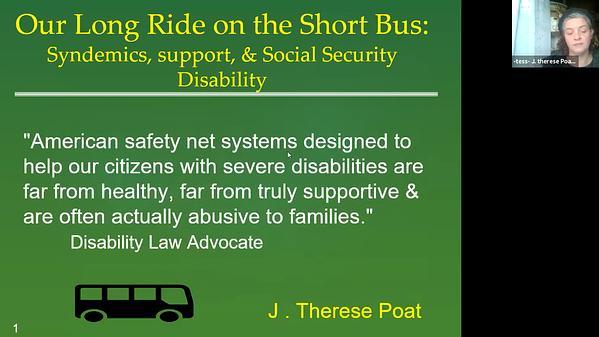Would you like to see your presentation here, made available to a global audience of researchers?
Add your own presentation or have us affordably record your next conference.
keywords:
decolonization
mental health
ethics
This research study focuses on the strategies, experiences, consequences, and stereotypes that non-monosexual individuals (also known as Bi+) must adopt and/or endure while disclosing (also called "coming out") their sexuality in new intimate partner encounters/relationships and its impact on bi+ mental wellbeing. Although bi+ individuals make up more than half of the LGBTQIA2S+ community, their identity is often rendered invisible, invalid, and/or untrustworthy among both homosexual and heterosexual communities (also called monosexuals). Bi+ as a group are also thought to experience the poorest mental health outcomes in terms of depression, anxiety, overall sense of wellbeing, and internalized bi-negativity in comparison to both monosexual populations. This research will explore how strategies of disclosure or non-disclosure affect the sense of overall wellbeing and self-reported mental wellbeing of bi+ individuals by examining their experiences within the larger LGBTQIA2S+ and heterosexual communities, their chosen disclosure strategies, and intimate/romantic partner encounters

